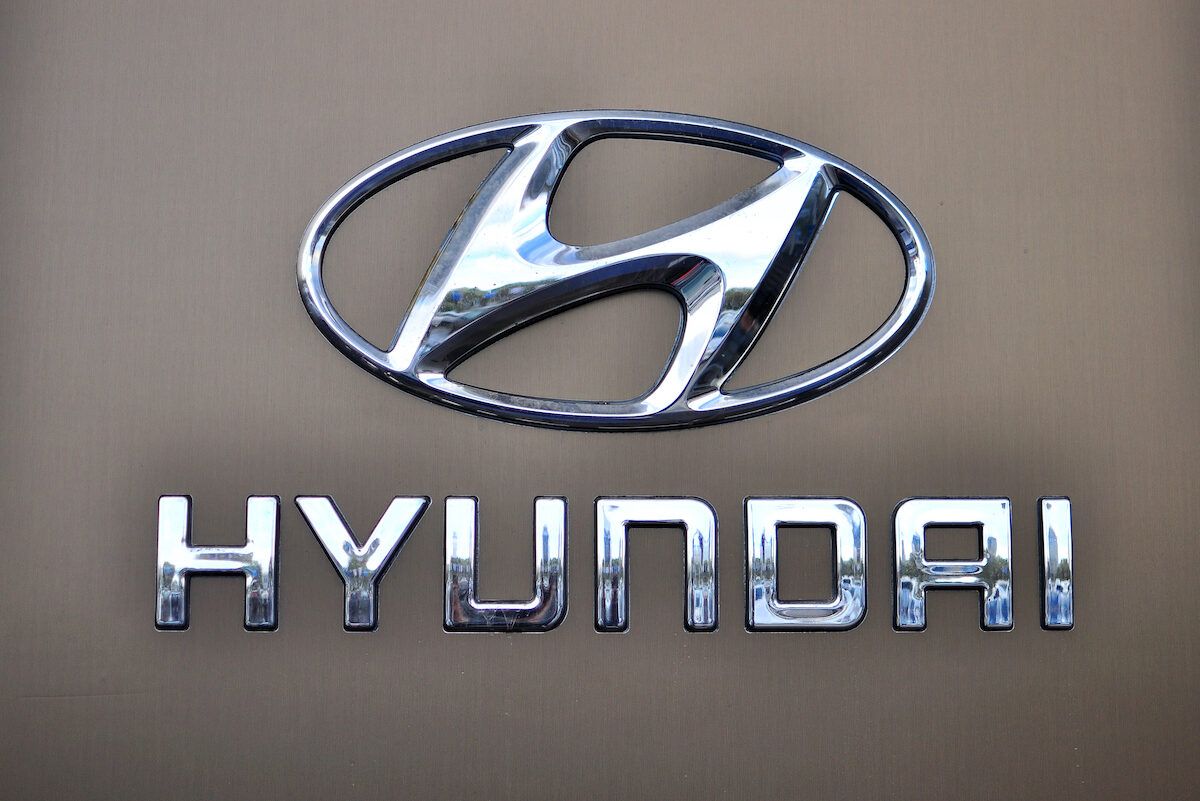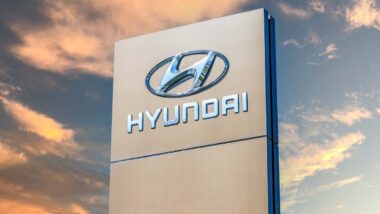
Update:
- A judge dismissed a class action lawsuit filed by a group of vehicle owners against Hyundai Motor Co. in a California federal court.
- The class action lawsuit claimed a number of Hyundai and Kia model vehicles contained an engine defect that caused them to use an excessive amount of oil.
- The vehicle owners argued the alleged defect, in addition to costing them money for the excess oil, caused the vehicles to stall and eventually fail.
- Court approval of the dismissal was not required as the class had not been certified nor proposed to be certified for purposes of a settlement, according to court documents.
Hyundai excessive oil consumption class action lawsuit overview:
- Who: A group of Hyundai and Kia vehicle owners are suing Hyundai Motor Co.
- Why: The drivers allege numerous models of Hyundai and Kia vehicles are equipped with defective engines that use excessive amounts of oil, stall and eventually fail.
- Where: The lawsuit was filed in a California federal court.
(April 20, 2022)
Hyundai makes numerous models of Hyundai and Kia brand vehicles with defective engines that use excessive amounts of oil, costing their owners huge sums of money, a new class action lawsuit alleges.
On Apr. 12, eight owners of Hyundai and Kia brand vehicles filed a class action lawsuit against Hyundai Motor Co. in a California federal court, alleging violations of federal warranty laws.
The Hyundai excessive oil consumption lawsuit alleges that numerous models of the automaker’s vehicles are equipped with defective Nu, Gamma, Theta, Lambda and Kappa engines.
The defective engines allegedly use excessive amounts of oil, stall and eventually fail. The drivers say Hyundai should have issued a recall for the vehicles a long time ago but hasn’t.
As a result, thousands of Hyundai and Kia owners and lessees have allegedly been forced to constantly check the oil levels, and oil must be added to the engines more frequently than even the owner’s manuals recommend, Car Complaints reports.
The engine issue has flow-on effects like reduction in engine lubrication due to crankshaft submersion and gaskets and seals damage, which leads to oil leaks.
The plaintiffs also claim that oil in their vehicles migrates to places where it shouldn’t be, damaging the combustion and exhaust systems.
This allegedly causes “abnormal wear of engine parts, oversaturation of carbon and deposits of oil sludge, ultimately requiring a costly engine rebuild or replacement.”
Automaker should honor warranty claims outside terms, Hyundai class action says
The plaintiffs allege that Hyundai should honor customers’ warranty claims even when the warranties have expired.
According to the lawsuit, Hyundai can’t adequately repair the oil consumption problems and doesn’t offer any reimbursement for out-of-pocket costs caused by the issue.
The class action states customers must suffer through long wait times for replacement parts, “and in most cases do not receive required engine replacements.”
The cars with the allegedly faulty engines include the 2012-2020 Hyundai Elantra, 2009-2018 Hyundai Genesis Coupe, 2019-2021 Hyundai Kona, 2020-2021 Hyundai Palisade, 2010-2012 and 2015-2021 Hyundai Santa Fe, 2009-2010 and 2015-2021 Hyundai Sonata, 2011–2021 Hyundai Sonata Hybrid, 2010-2013 and 2015-2021 Hyundai Tucson, 2011-2021 Hyundai Veloster, 2020-2021 Hyundai Venue, 2010-2021 Kia Forte, 2017-2020 Kia Niro, 2011-2020 Kia Optima and Optima Hybrid, 2012-2021 Kia Rio, 2011-2020 Kia Sorento, 2012-2021 Kia Soul, 2011-2020 Kia Sportage, 2018-2021 Kia Stinger and 2022 Kia K5.
Meanwhile, Hyundai has expanded its recall of vehicles with an exploding seat belt part issue that has caused multiple injuries to include 6,240 of its 2021-2022 Elantra and 2020 Accent vehicles.
The plaintiffs are represented by Nye, Stirling, Hale & Miller LLP, Sauder Schelkopf LLC and Walsh, PLLC.
The Hyundai Oil Consumption Lawsuit is Cho, et al., v. Hyundai Motor Company, LTD., et al. in the U.S. District Court for the Central District of California.
Are you one of the drivers affected by an allegedly faulty Hyundai engine? Let us know in the comments!
Don’t Miss Out!
Check out our list of Class Action Lawsuits and Class Action Settlements you may qualify to join!
Read About More Class Action Lawsuits & Class Action Settlements:















3,223 thoughts onHyundai class action over excessive oil consumption dismissed
My 2017 Hyundai Elantra has been burning oil for the past year and is getting worse. It will be the last Elantra I buy! Also had issues with the battery at 50,000 km and had to replace is at $350 plus because the type of battery in the car.
I have a 2018 santa fe sport that uses 2 quarts every 1000 miles,,it has only 85000 miles on it,this is crazy
We have a 2015 Sonata with around 127,000 miles. Been havin to add oil, even though we haven’t seen any oil spots in the driveway. Every once in awhile we’ll get a puff of black smoke out the tail pipe.
2011 (2010 built) Sonata has just crept over the $130,000 mile line. I have taken great care of it over the many years I have owned it but, I have this oil consumption issue that Hyundai insists there is nothing I can do to help it other than adding oil every 2,000 miles. I go through 1.75 quarts every 1,000 miles! This is absolutely insane. I am not sure my vehicle is on the list as it is a 2011 Sonata but IT SHOULD BE!
I have a 2017 Santa Fe just started loosing oil. I have not seen any leaking on my drive way. Every week I’m adding 1 to 2 quarts of oil each week.
Yes! I just took my car in for an oil change and my car burned through 5qts of oil
in less than 4K miles
I just heard about this issue after hearing from my mechanic that my car was acting up because it had no oil left again! Once, maybe, but this is the second time. No warning lights until the car was seriously “sick.” I will join the class action as soon as it’s ready, plus I contacted Hyundai Corp with a complaint, plus I will submit a complaint with the NHTSA; maybe they can put pressure on Hyundai.
How do I join? Our 2017’s motor just blew and we have to scrap it for junk and now have no vehicle. It’s under warranty still but the fight could put us 1000s in the hole and we lose anyway. Any help in guidance to become a part of this suit would be greatly appreciated.
My 2017 Santa Fe was taken to the dealer to check for a power problem. My oil level was low, but no warning lights came on.
Does anyone know of if recalls exist on the 3.3 liter 6 cylinder engine?
Did you have a fire too?
I have started(7/14/2023) the oil consumption process. My 2017 Sonata is burning a quart of oil every 750-1000 miles. After bringing it home from oil change we noticed the Hyundai dealership overfilled the oil so we I go back in 1000 miles it may look normal to get out of fixing the problem.